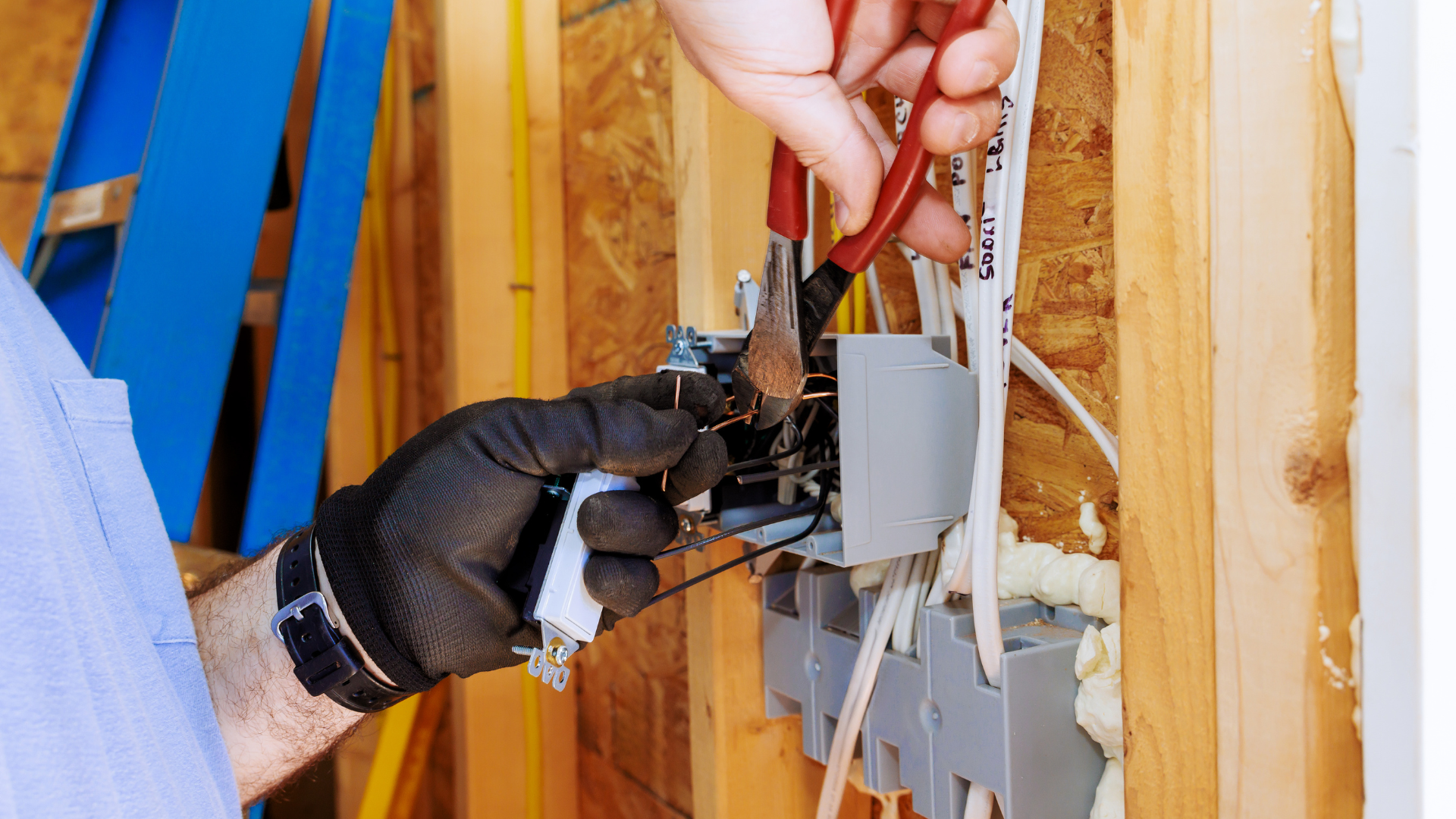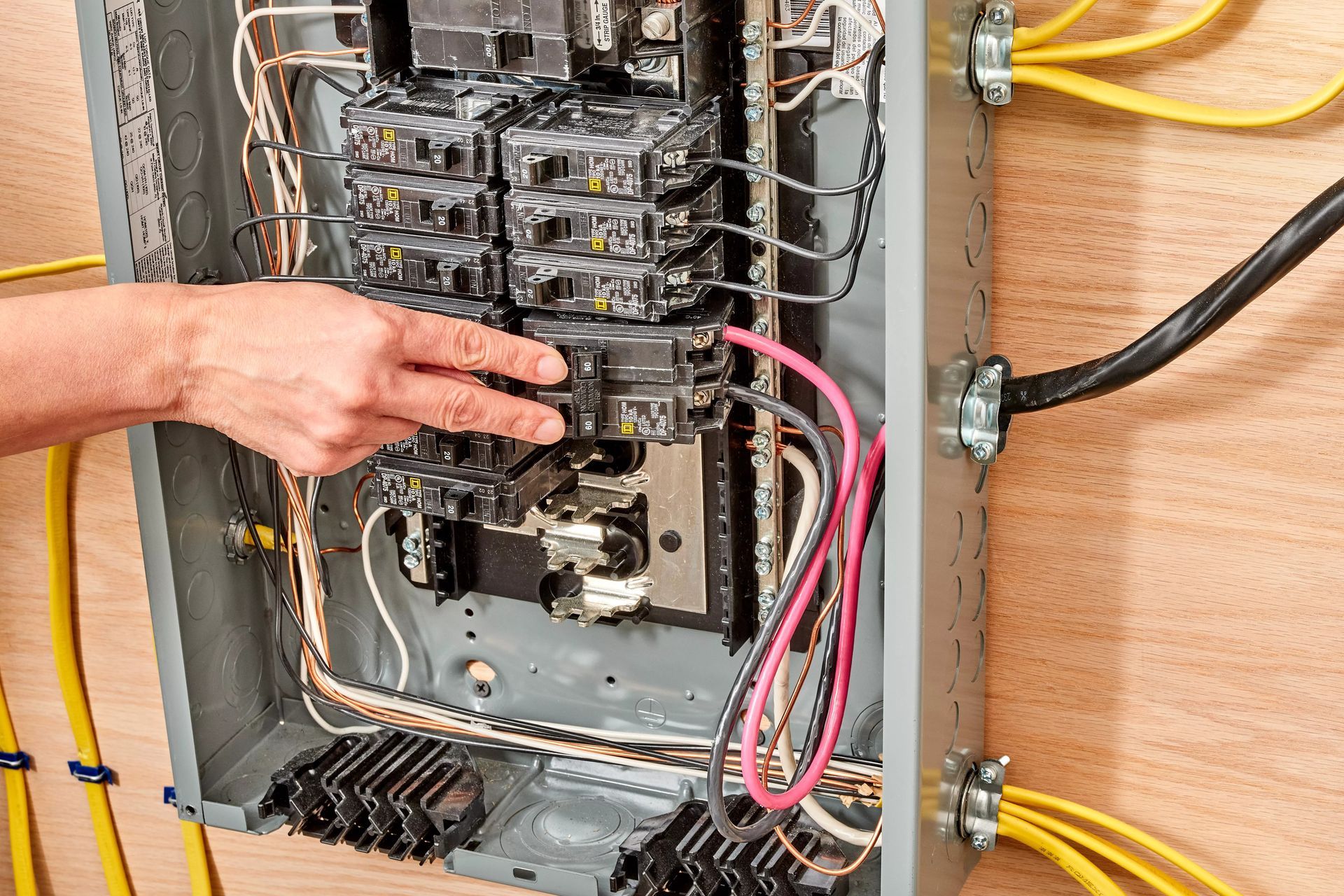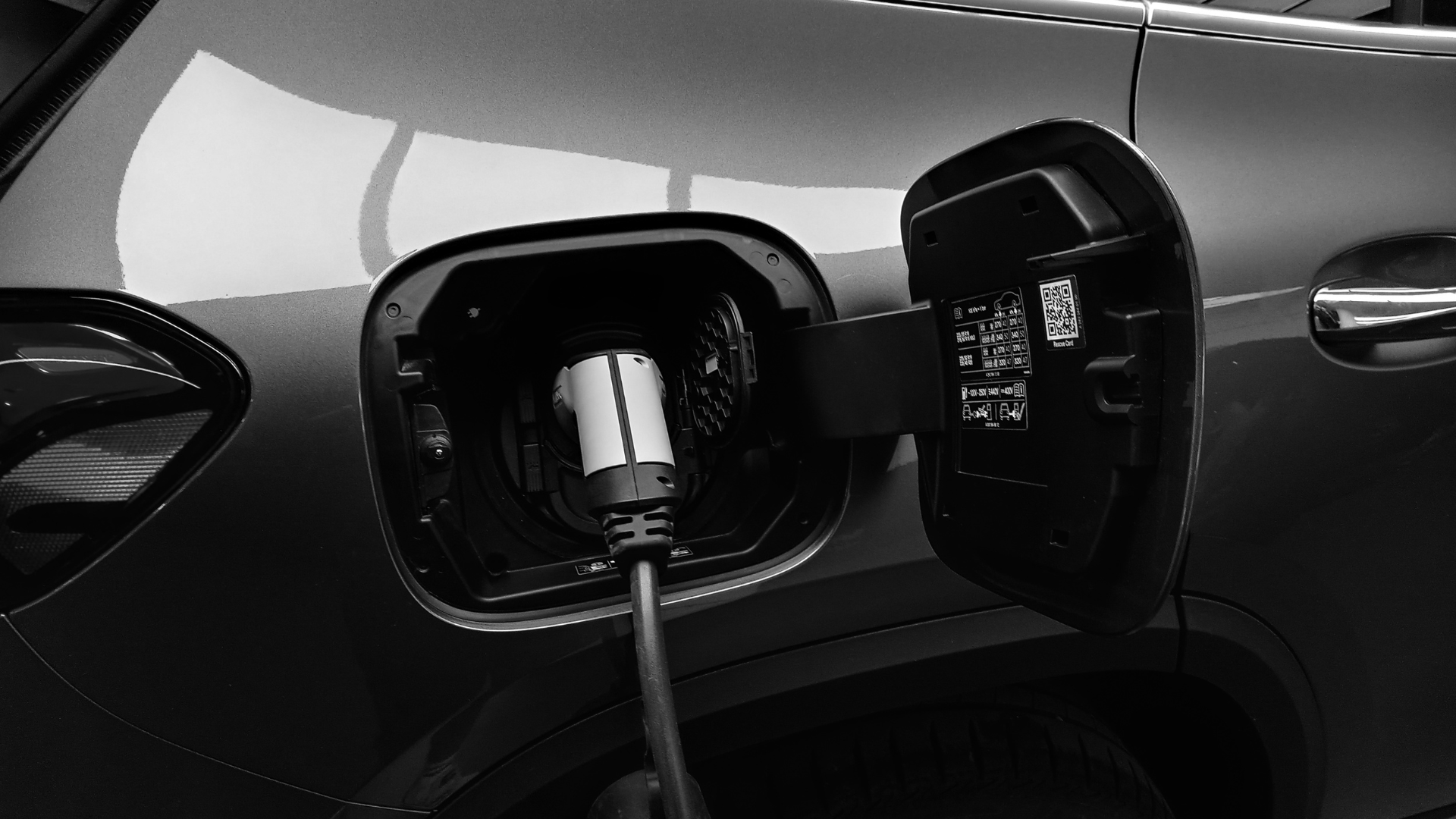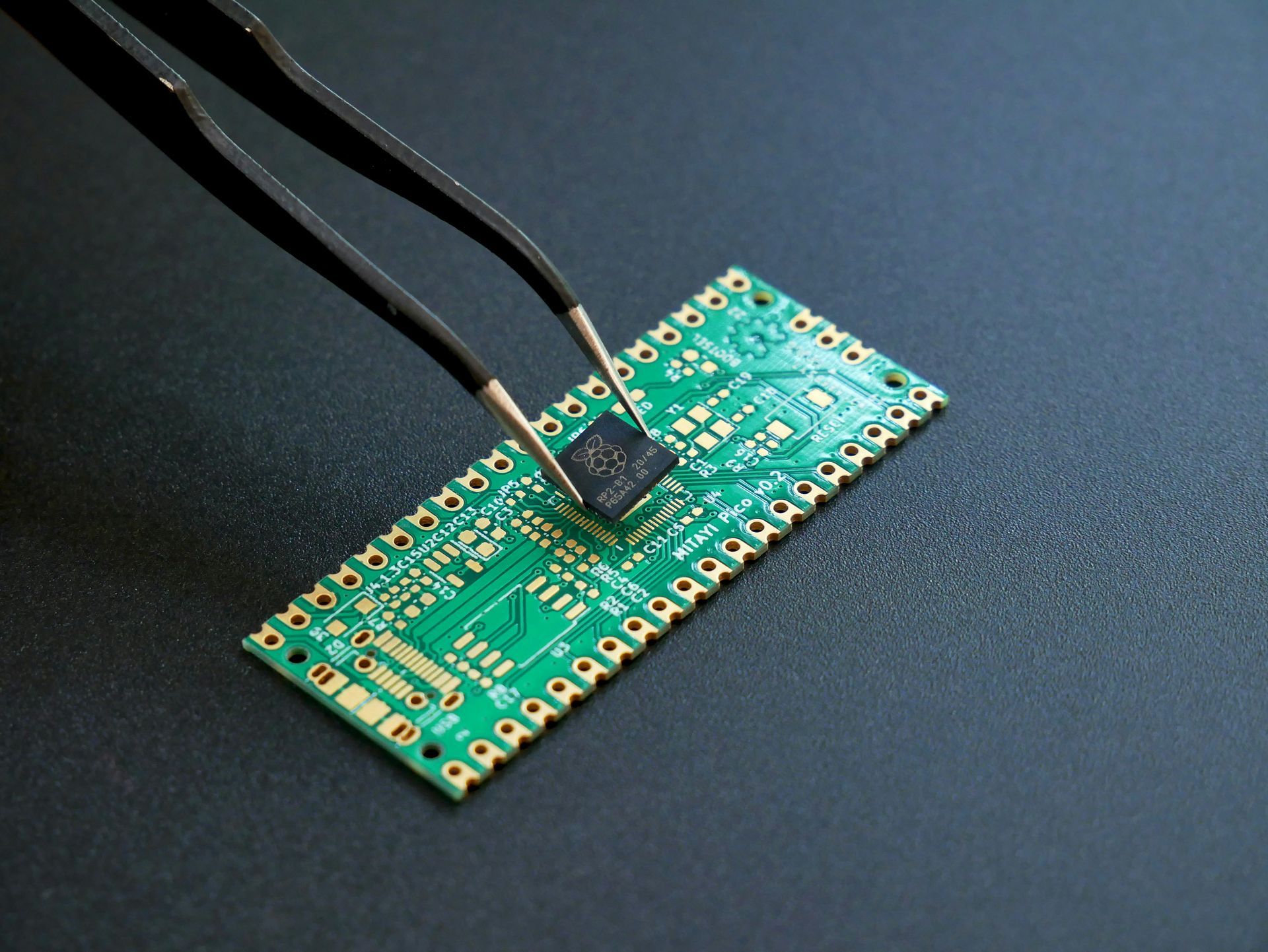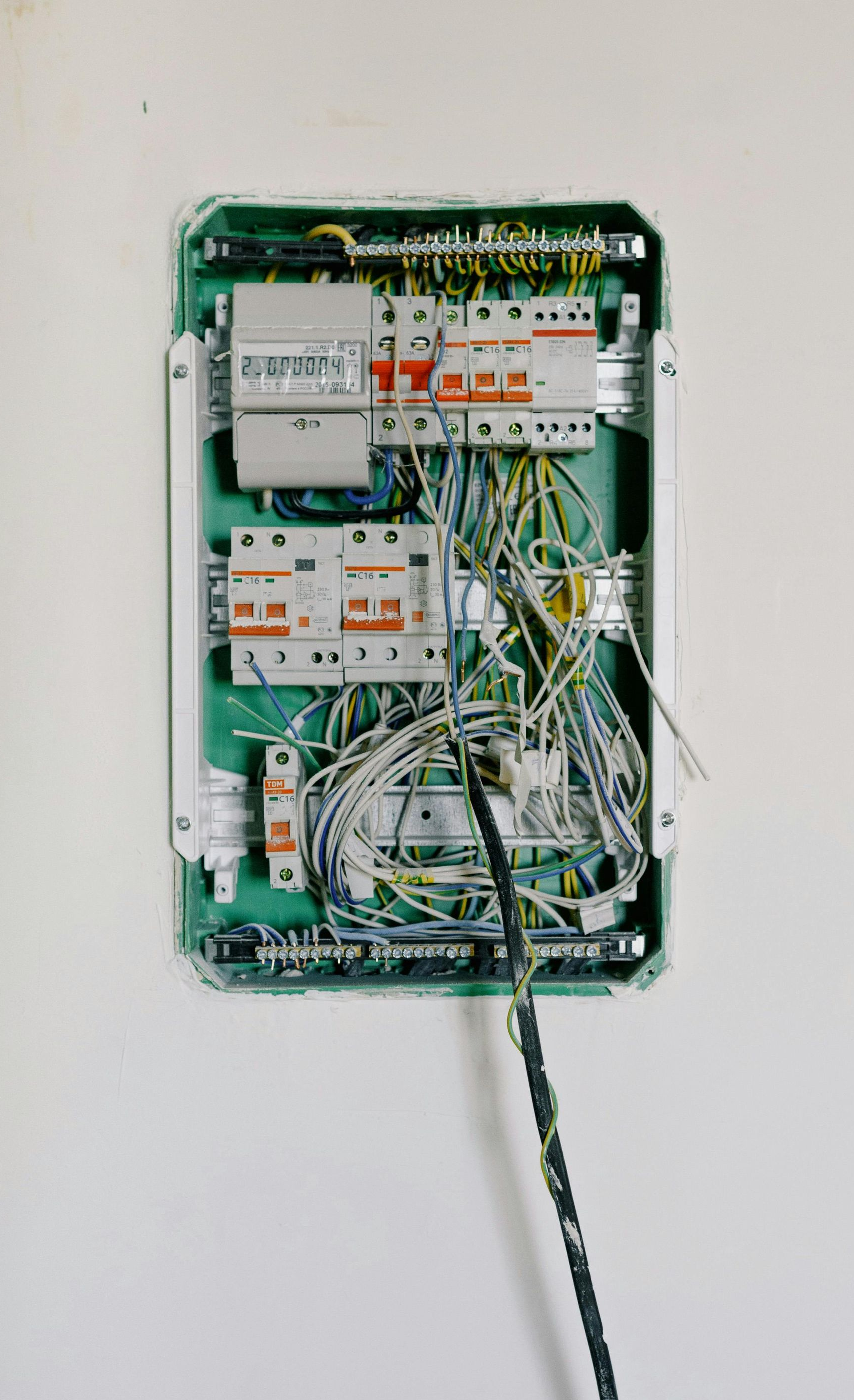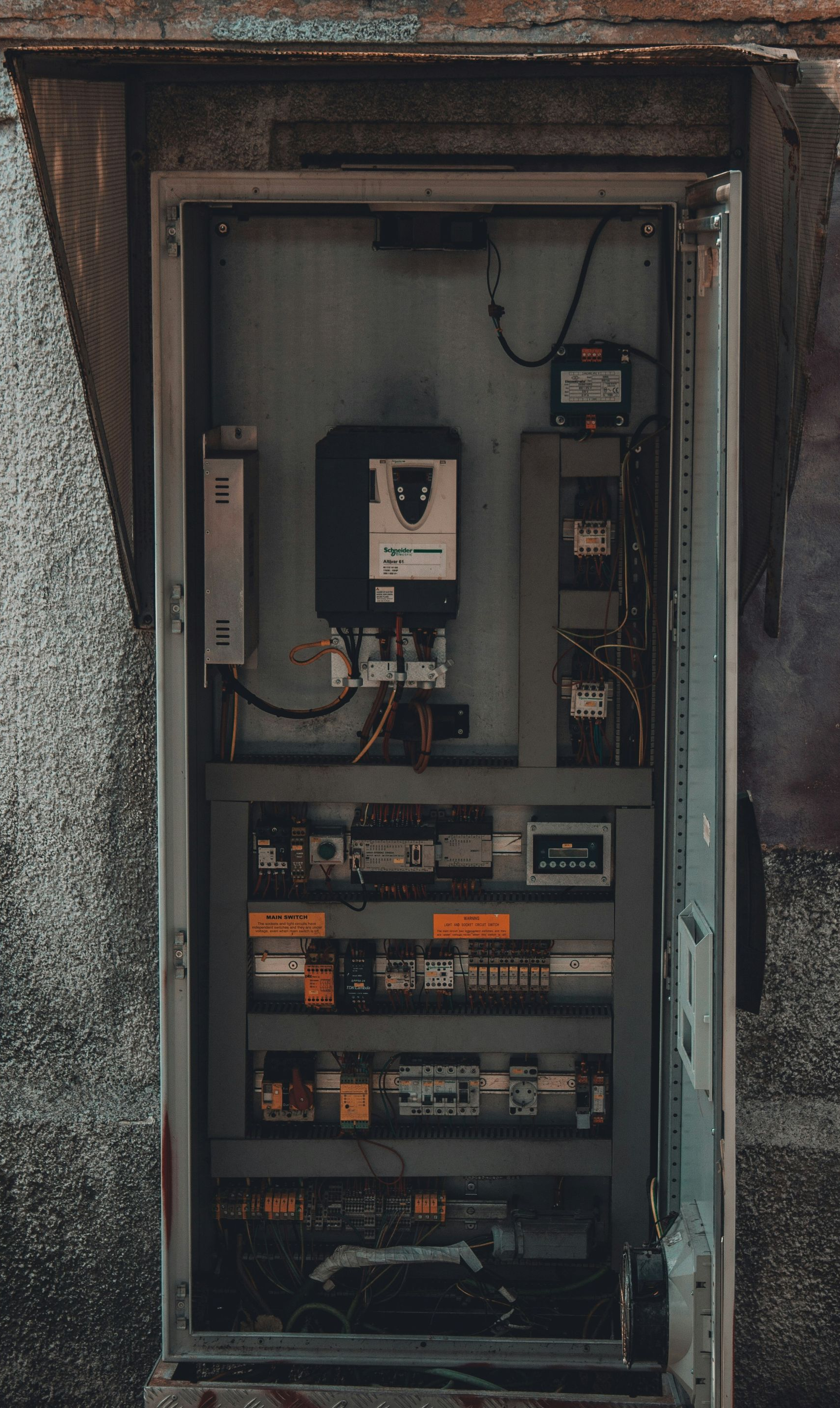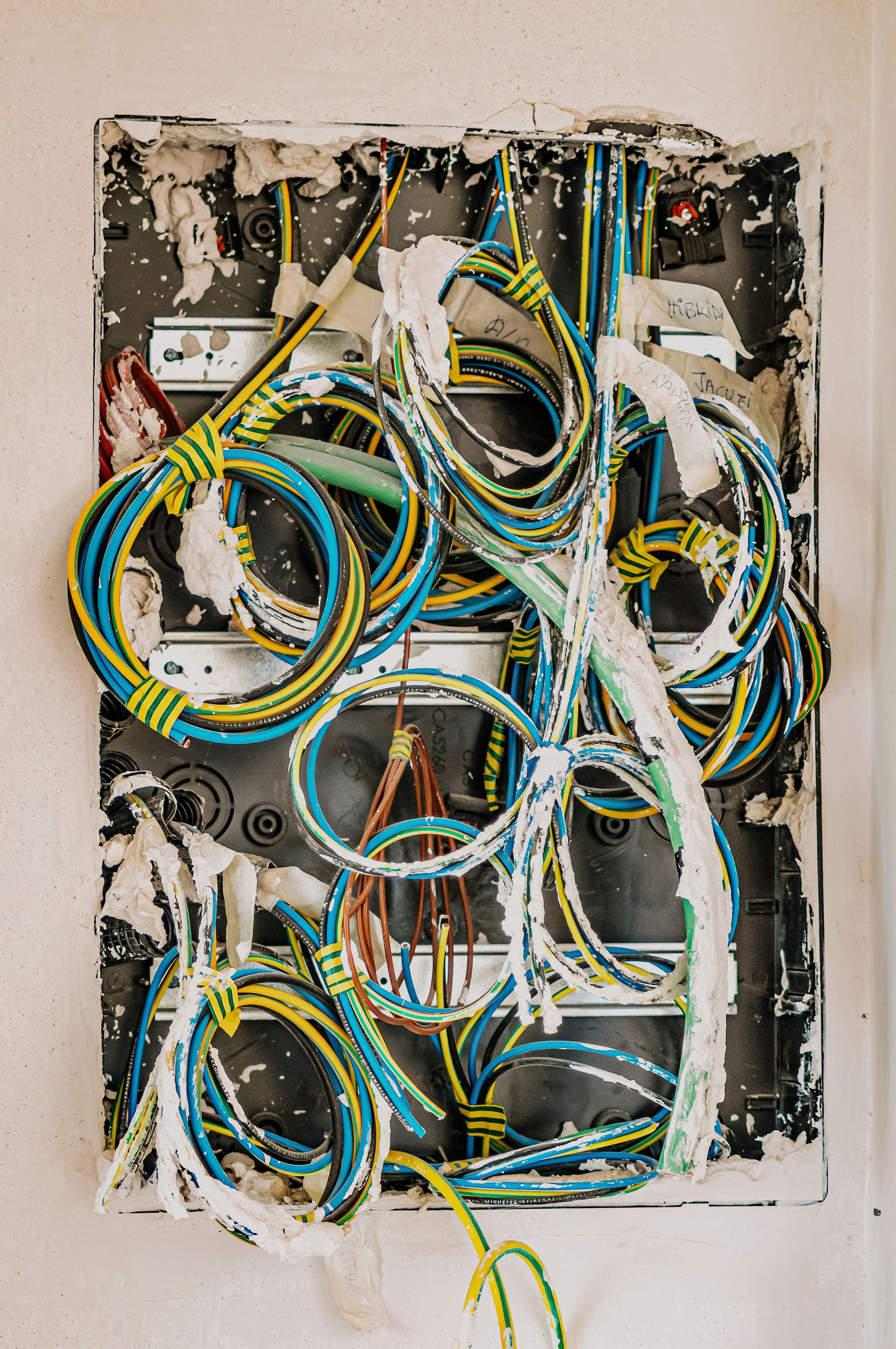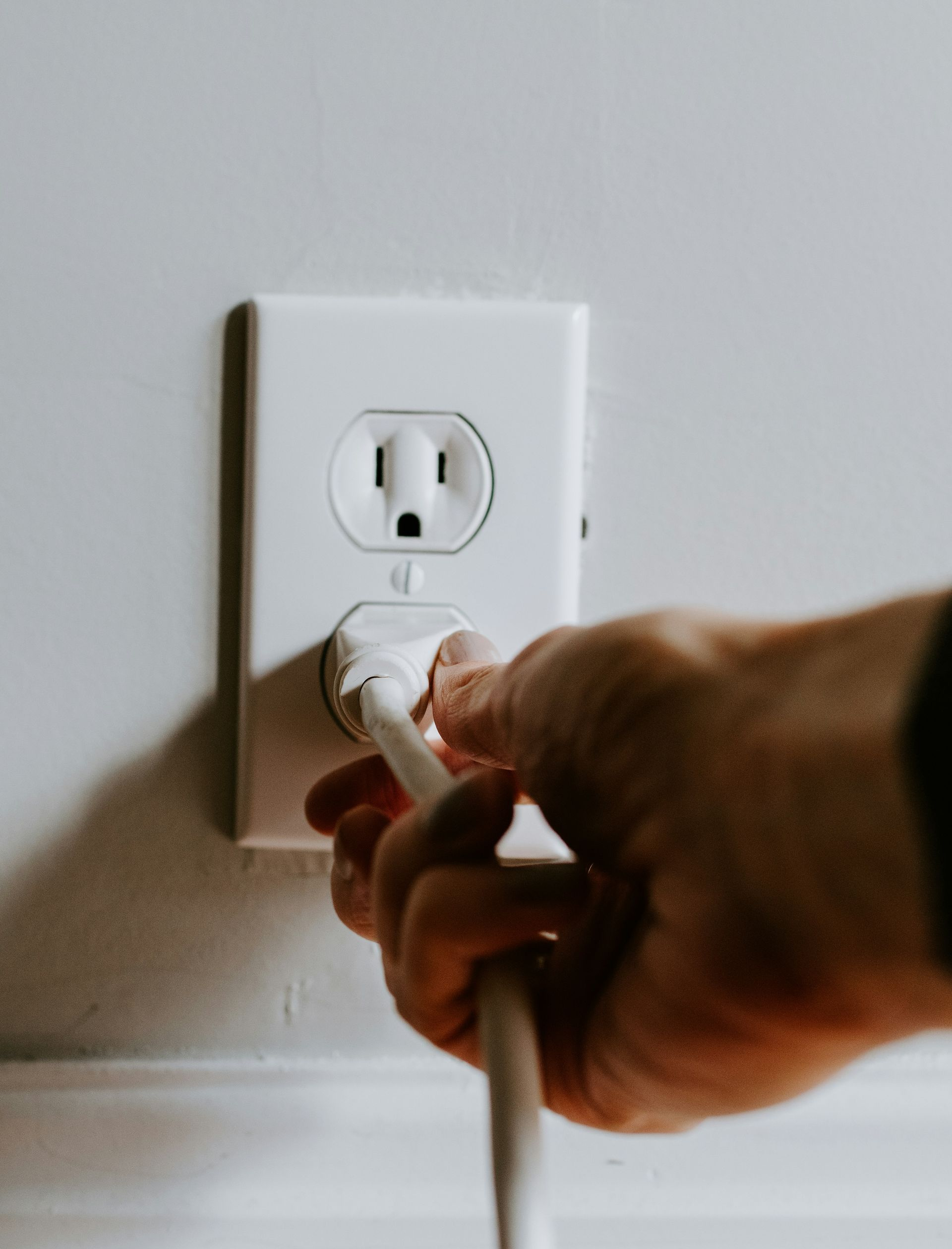Why Electrical Panel Upgrades Are Essential for Modern Homes
A Hidden Risk to Safety and Efficiency
Your home relies on electricity more than ever before. From large appliances and HVAC systems to smart home devices and charging stations for electronics, modern households place heavy demands on electrical systems. At the heart of this system is the electrical panel, which distributes power safely throughout the home. If your panel is outdated or undersized, it could pose risks to both safety and efficiency. That is why upgrading your electrical panel is often one of the most important investments you can make in your property.
Meeting the Demands of Today’s Technology
Many homes built several decades ago were designed to handle far less electrical demand than what
families use today. Panels in older houses may only support 60 to 100 amps, while most modern homes require at least 200
amps. With air conditioning, multiple televisions, home offices, and kitchens filled with appliances, the strain on an old panel can become too much. An upgrade ensures your home can support everything from daily necessities to future additions like electric vehicle chargers.
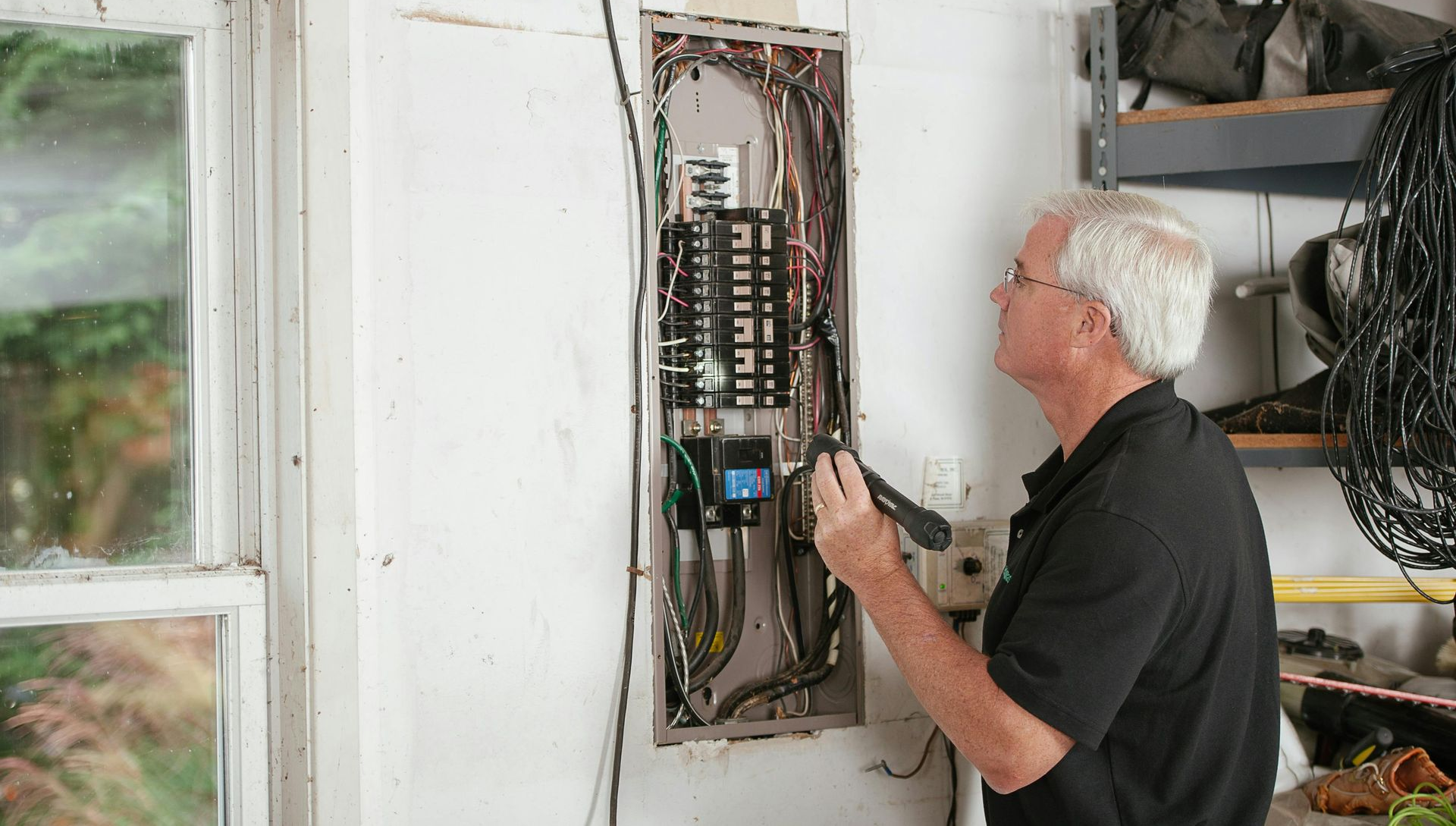
Preventing Safety Hazards
One of the clearest signs of an undersized or outdated electrical panel is frequent tripping of circuit breakers. While it may seem like an inconvenience, this is your panel’s way of signaling that the demand is exceeding capacity. Ignoring the issue can lead to overheated wires, melted insulation, or even electrical fires. Older panels may also rely on outdated components that no longer meet today’s safety standards. Upgrading eliminates these risks by providing a modern, reliable system built to handle current electrical codes.
Improving Energy Efficiency
An overloaded panel does not just create safety concerns, it also reduces efficiency. Lights may flicker, appliances may not run at full capacity, and electronics can experience power surges that shorten their lifespan. A properly sized electrical panel distributes power smoothly and efficiently, protecting sensitive equipment while ensuring that your home functions as it should. In some cases, upgrading can even lower utility bills by reducing wasted energy.
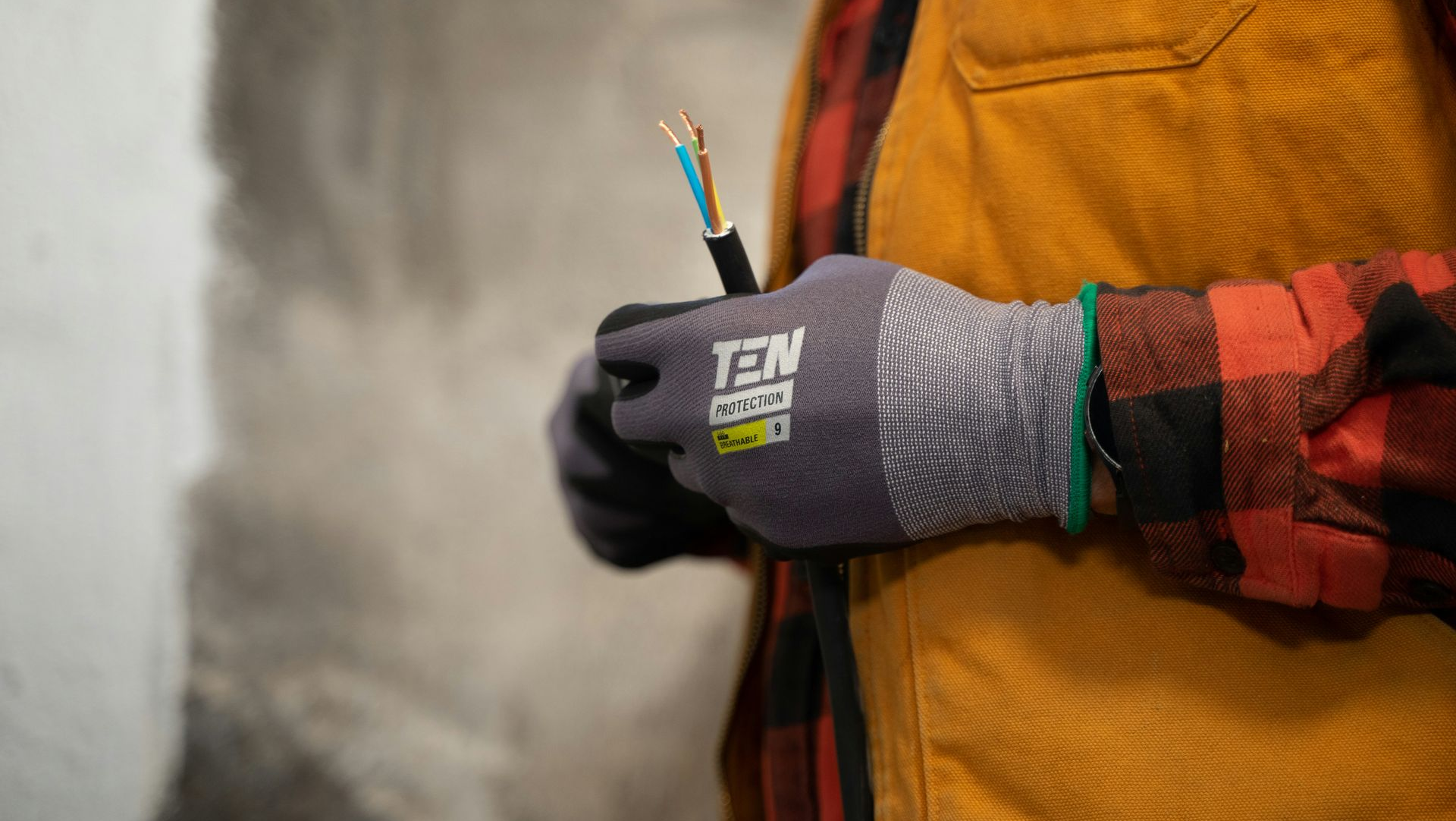
Supporting Home Renovations and Additions
If you are planning a renovation, adding new appliances, or expanding your living space, your electrical panel should be part of the project plan. Home additions, basement conversions, or the installation of central air all increase electrical demand. Without an upgraded panel, these improvements may strain the existing system or fail to pass inspection. By upgrading, you create a strong foundation that supports both current and future upgrades to your home.
Increasing Property Value
A modern electrical system adds value to your home. Buyers are increasingly aware of the importance of safe and reliable electrical infrastructure, and many will be reluctant to purchase a property that requires costly upgrades. Having a new panel in place provides peace of mind and demonstrates that your home has been maintained with safety and efficiency in mind.
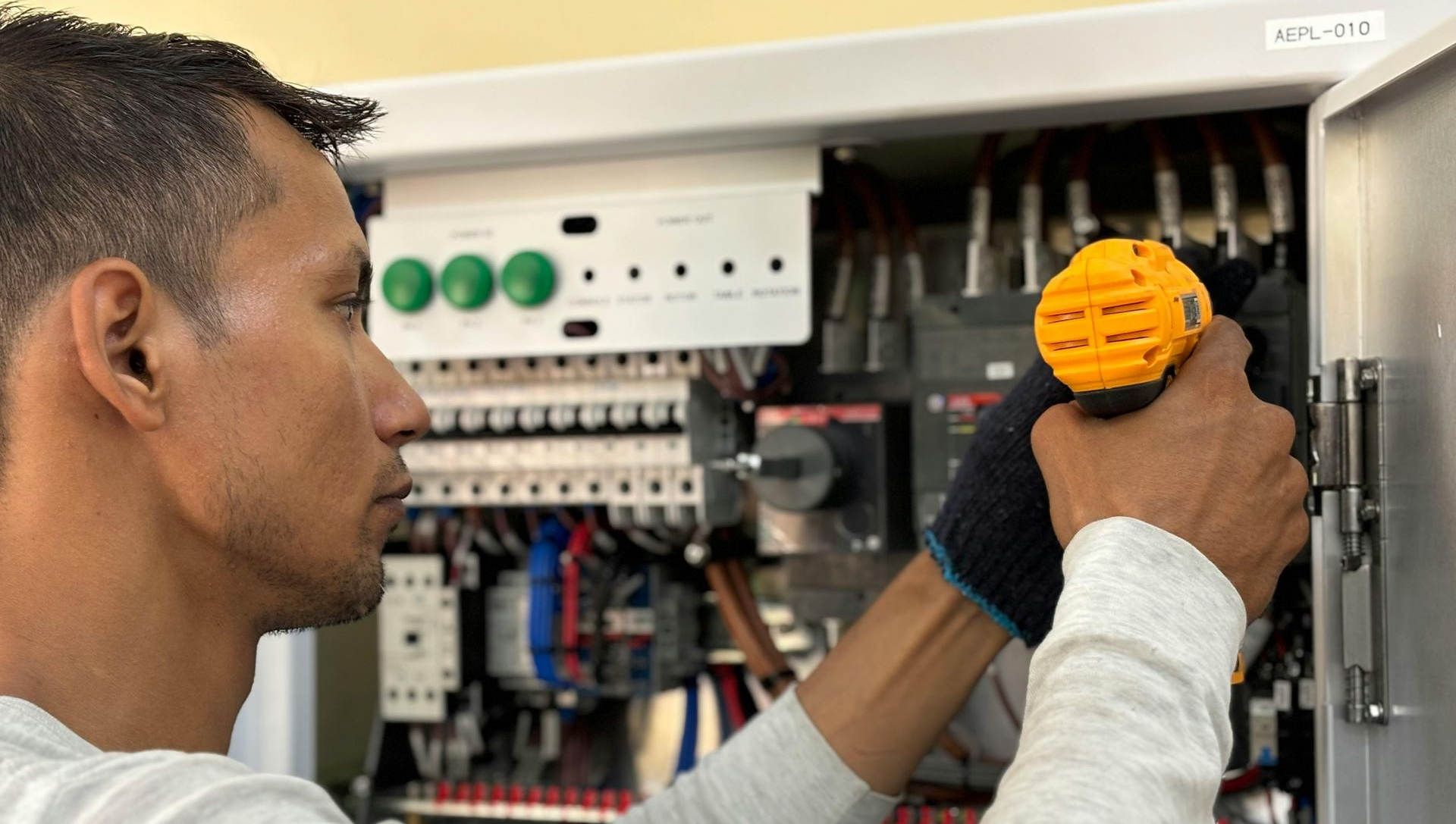
When to Consider an Upgrade
Some signs that you may need a panel upgrade include:
- Frequent breaker trips or blown fuses
- Lights that dim or flicker when appliances are in use
- A reliance on multiple extension cords or power strips
- Warmth or buzzing sounds coming from the panel
- An older panel with limited capacity, typically less than 200 amps
If any of these issues sound familiar, it may be time to schedule an inspection with a licensed electrician.
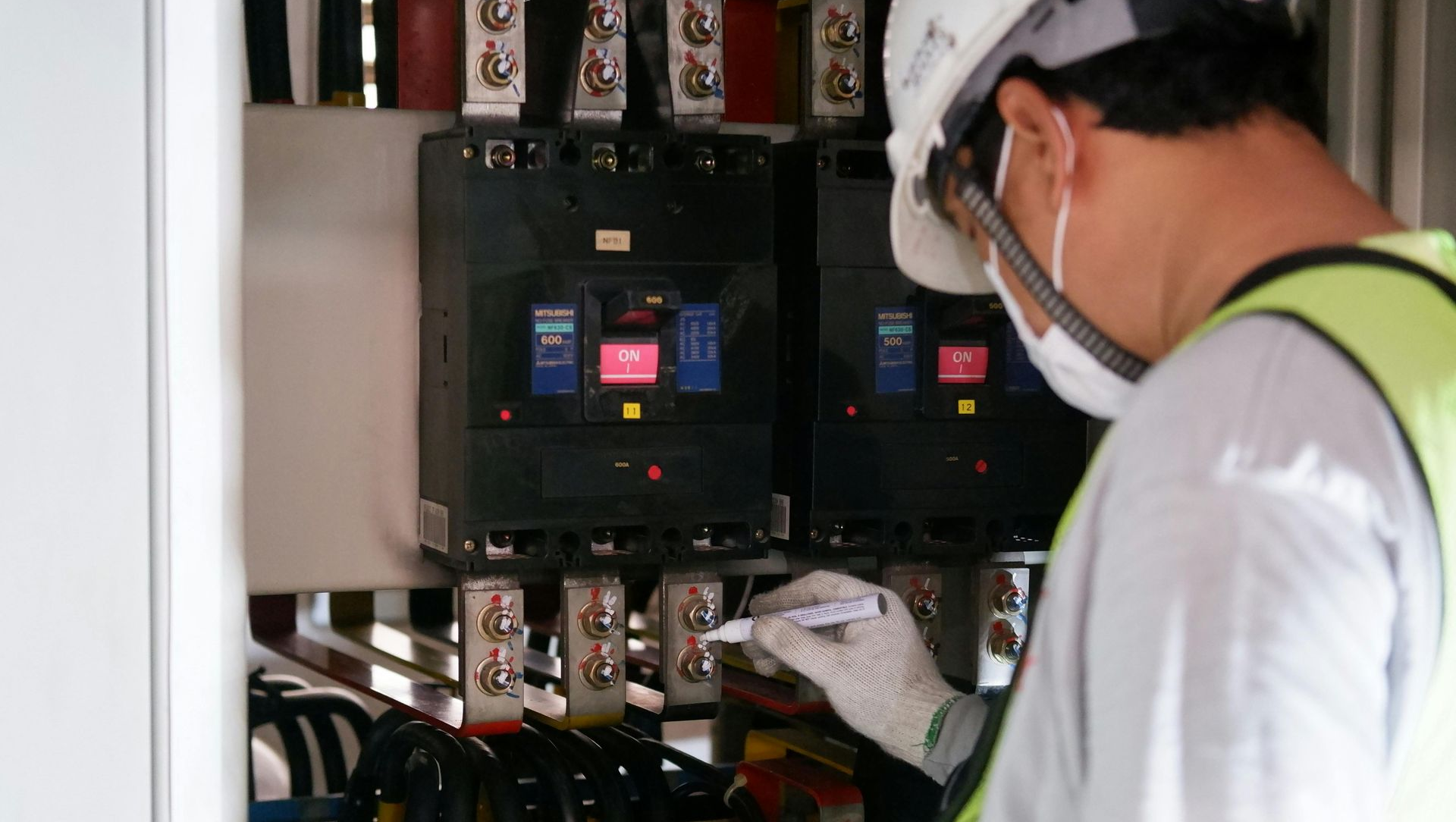
Trust the Professionals
Working with electricity is never a safe do-it-yourself project. Electrical panel upgrades involve high-voltage systems that must be handled by licensed professionals who understand building codes and safety requirements. At ESD Electric, we specialize in upgrading electrical panels to meet the demands of modern homes. Our team ensures that your home’s system is safe, efficient, and ready for whatever the future holds.
Final Thoughts
Upgrading your electrical panel is not just about convenience, it is about safety, efficiency, and protecting the value of your home. By ensuring that your system can handle today’s demands, you eliminate hazards and create a reliable electrical foundation for years to come.
